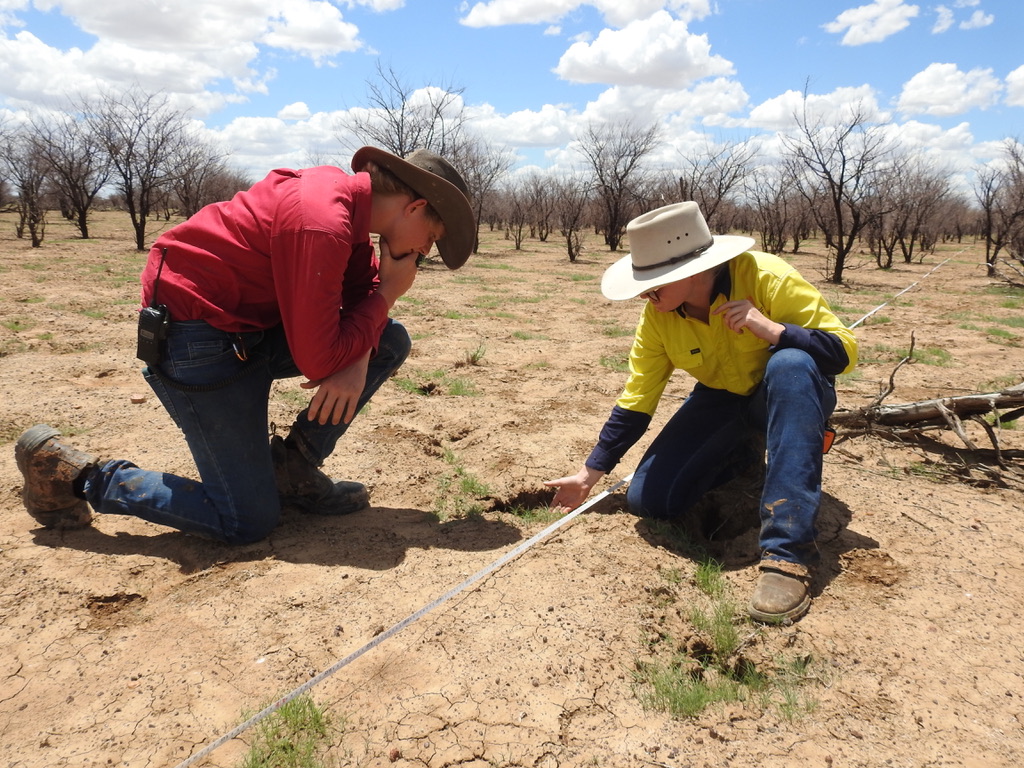IS DIESEL BECOMING A THING OF THE PAST?
For those of you who, like us, spend huge amounts of time and money on spraying weeds, you will be well aware of the issues, costs and benefits of using diesel when basal bark spraying chemicals onto weeds.
The increased cost of diesel, along with its health and environmental issues has long made it a target for replacement however there has been little opportunity in the past.
This year, DCQ has a target of reducing internal diesel use on weeds by 250,000 L and a regional reduction through adoption of alternatives by 1,000,000 L.
To do this we have been accelerating the adoption of many technologies including misting, a technique that uses water, rather than diesel, and also working with chemical companies as part of the assessment for release of new chemicals.
New chemical that mixes with water
The most hopeful herbicide option has had some delays in supply, which has provided the opportunity for DCQ to further trials in preparation for permit applications through the chemical regulators.
DCQ has already lodged three applications this year from its current R&D work, and new work will expand on that. The results to date from the testing is encouraging – a single pass of the misters using the new chemical on Prickly Acacia in a 400m depression line show an 80% kill the first instance.
Additionally, a total of 97% of the trees were impacted so significantly that, if they weren’t killed, flowering and seed set was still disrupted. The density of the plants was over 800 stems/Ha.
For the plants killed, it equates to a cost of about ten cents per plant. That drops to 8 cents per plant when including all affected plants – a massive reduction in the costs of basal bark spraying with diesel, where each tree costs about $2.20.
This work will expand to additional sites and move to both Rubber Vine and Chinee Apple in the new year.
This kind of work, funded by the DCQ Foundation, may mean that diesel for weed spraying may become a thing of the past sooner than expected and focus will move to rangeland recovery, not just weed control.


